Growing up in North Carolina in the US, Kevin felt out of place among his white friends, as his Korean features stood out.
“I always felt like an outsider. Throughout the 1980s and 1990s, I was always asked questions like, ‘Are you Chinese? Do you know Kung Fu?’” said Kevin Lambert, whose mother is Korean.
Kevin is one of many Asians born and raised in the United States, after his parents left South Korea to pursue the American dream.
But his generation made the opposite migration journey to South Korea, amid concerns about racism, anti-Asian hate and gun violence in the US. Kevin’s childhood sense of alienation followed him into adulthood, prompting him to make the decision to move to South Korea in 2009.
According to the Korean Immigration Service, the number of Korean Americans nationwide in 2020 reached about 43,000, more than double the number in 2005. According to CNN , there are many factors driving this reverse migration.
In 1999, Seoul passed an open-door law that made it easier for Koreans and their children abroad to return home. The 2002 World Cup in South Korea and the 2007-2009 global recession also prompted many Koreans to return home, taking up English teaching jobs to escape the fierce job market in the United States.
But Stephen Cho Suh, an expert on Asian Americans at the University of San Diego, said experiences of discrimination and not being seen as truly American are key factors driving reverse migration.
Stephen points out that many Koreans grew up during a period of American prejudice, when their general perception of Asia was limited to Japan and China. All 70-plus Koreans he interviewed mentioned issues of racial and ethnic discrimination.
"If they were fully accepted by American society, they probably wouldn't have considered the decision to migrate back," Stephen said.
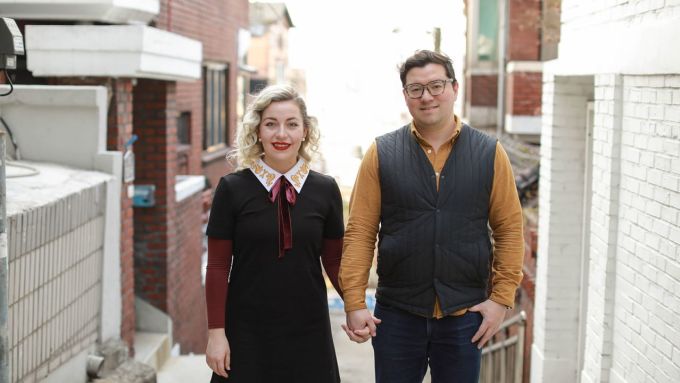
Kevin Lambert (right) and his wife in Seoul, South Korea. Photo: CNN
Daniel Oh left South Korea as a child and immigrated to Canada and then the United States. Daniel, now 32, said he faced racism and "felt ashamed of being an immigrant a lot of the time."
"No matter how well you try to speak English, understand the culture and integrate well, just by looking at your face, everyone will know you are Asian," Daniel said.
When he revisited South Korea at the age of 20, the country had changed significantly from what Daniel remembered. "Even though I couldn't speak Korean well back then, I felt somewhat at home," said Daniel, who decided to move to Seoul at the age of 24 and has lived there for eight years.
Not only the children, many first-generation Korean Americans also tend to return home. Kim Moon-kuk, 72, immigrated to Los Angeles in 1985, returned to South Korea with his wife and children in 2022, settling in the northern city of Chuncheon.
During his decades in the United States, he ran a number of businesses, including a restaurant, a market, a gold shop and a garment factory. In addition to his experiences with racism, Mr. Kim also recounted his memories of 1982, when tensions flared between immigrant Korean business owners and black customers.
With a recent spike in anti-Asian hate crimes, Kim said he was relieved to be back in South Korea, which is “definitely safer than the US.” “ Medical care is affordable, and communicating in Korean is easier and more familiar,” he said. “I plan to live here for the rest of my life.”
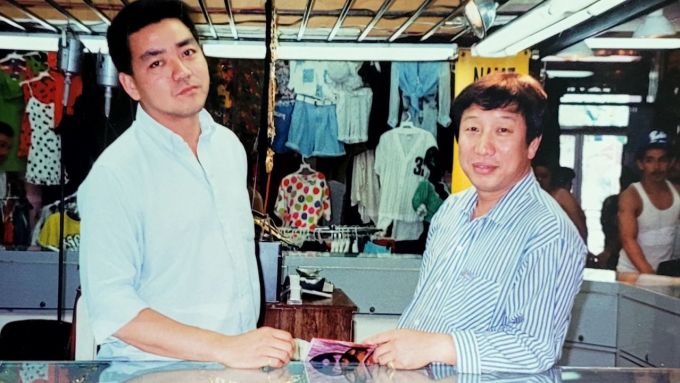
Kim Moon-kuk (right) at a stall in Los Angeles in 1992. Photo: CNN
But life in South Korea has its challenges, leading many to eventually return to the U.S. Some feel that moving thousands of miles doesn’t help them find a true home.
Many returnees initially feel at home, surrounded by Korean faces that look like their own, said Ji-Yeon O. Jo, director of the Asian Studies Center at the University of North Carolina. He calls this period the “honeymoon.”
After this period ends, many begin to see a conflict between their Korean lives and the values and lifestyles they are accustomed to in the United States, Jo said. They have trouble finding a place to live, opening a bank account or going to the doctor, with employment proving to be the biggest challenge.
Some Korean Americans say they have faced discrimination in employment because of their visa status or background. Many say they have been singled out for speaking English on public transportation. Some strangers have even asked them, “You look so Korean, why can’t you speak Korean?”
These experiences seem to echo what their parents faced when they immigrated to the United States. This is also the reason why Lambert returned to the United States in 2020, after 11 years in South Korea.
"We see discrimination based on nationality among people of the same ethnicity. That's different from the US, where there is discrimination between races. However, there are similarities between the two in everyday life," Jo said.
Duc Trung (According to CNN )
Source link







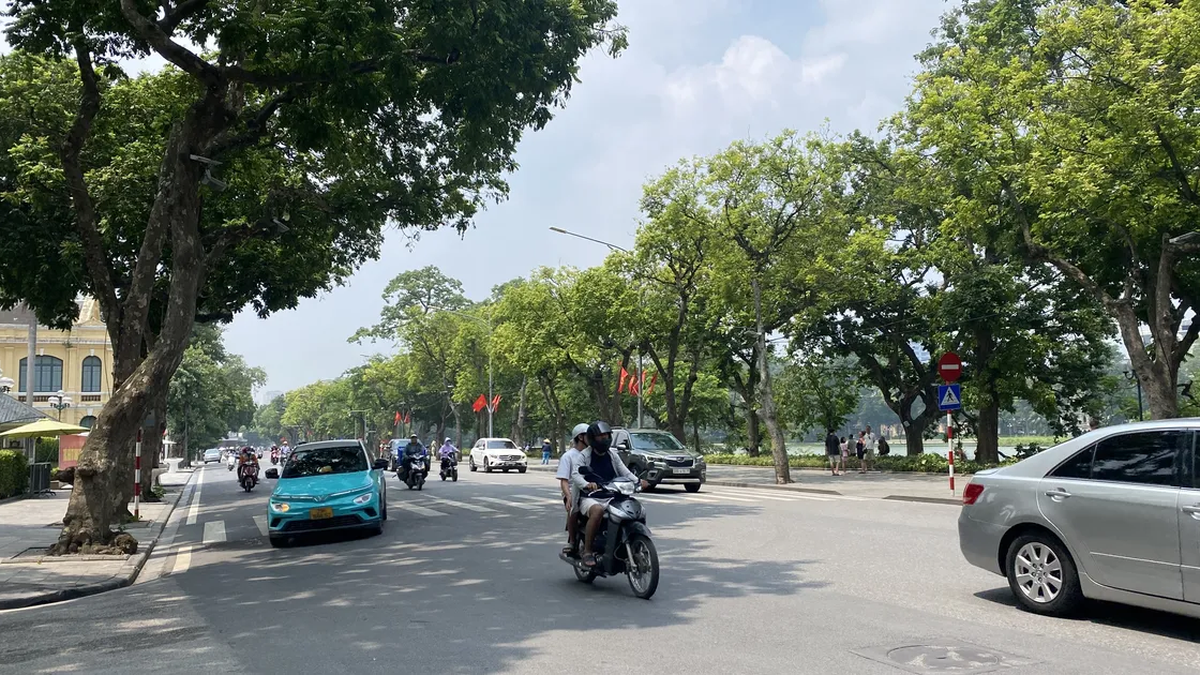

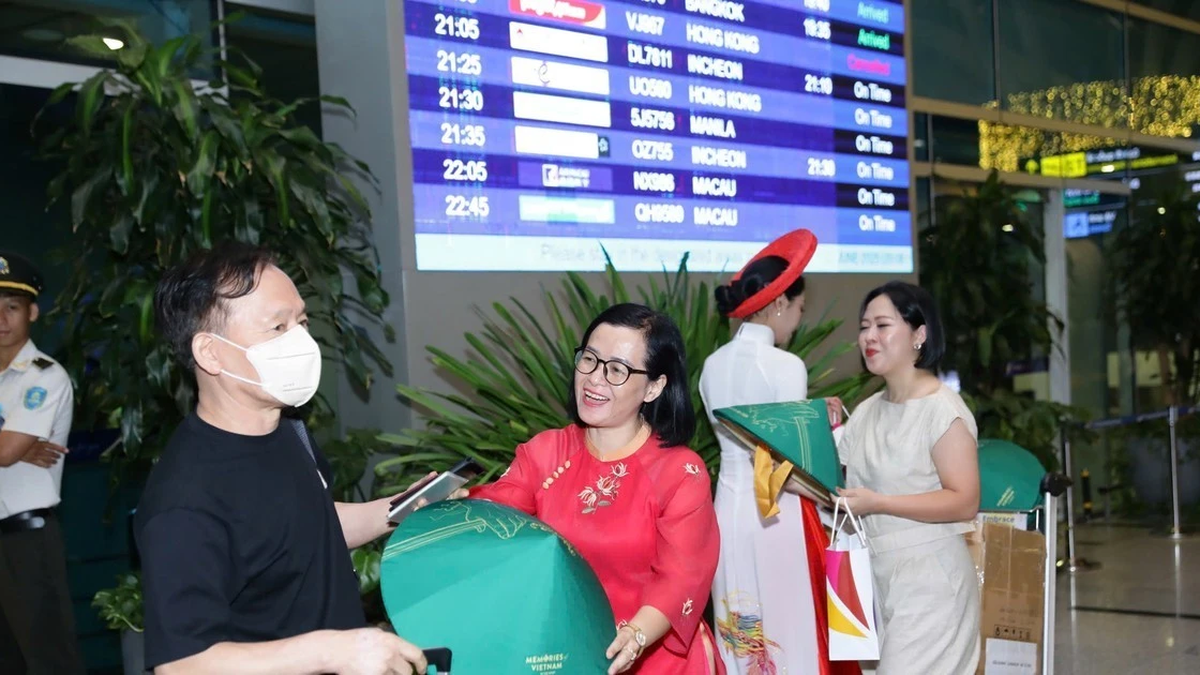














































![[Maritime News] Container shipping faces overcapacity that will last until 2028](https://vphoto.vietnam.vn/thumb/402x226/vietnam/resource/IMAGE/2025/7/30/6d35cbc6b0f643fd97f8aa2e9bc87aea)













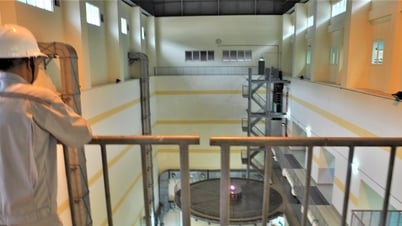







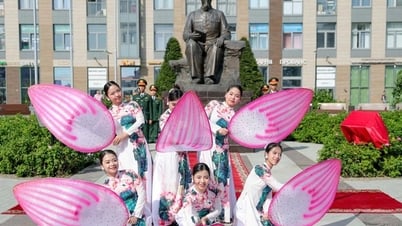
















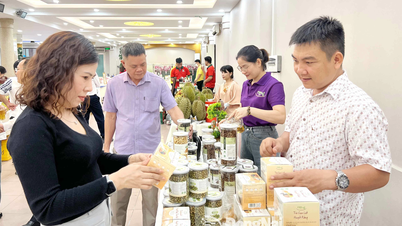



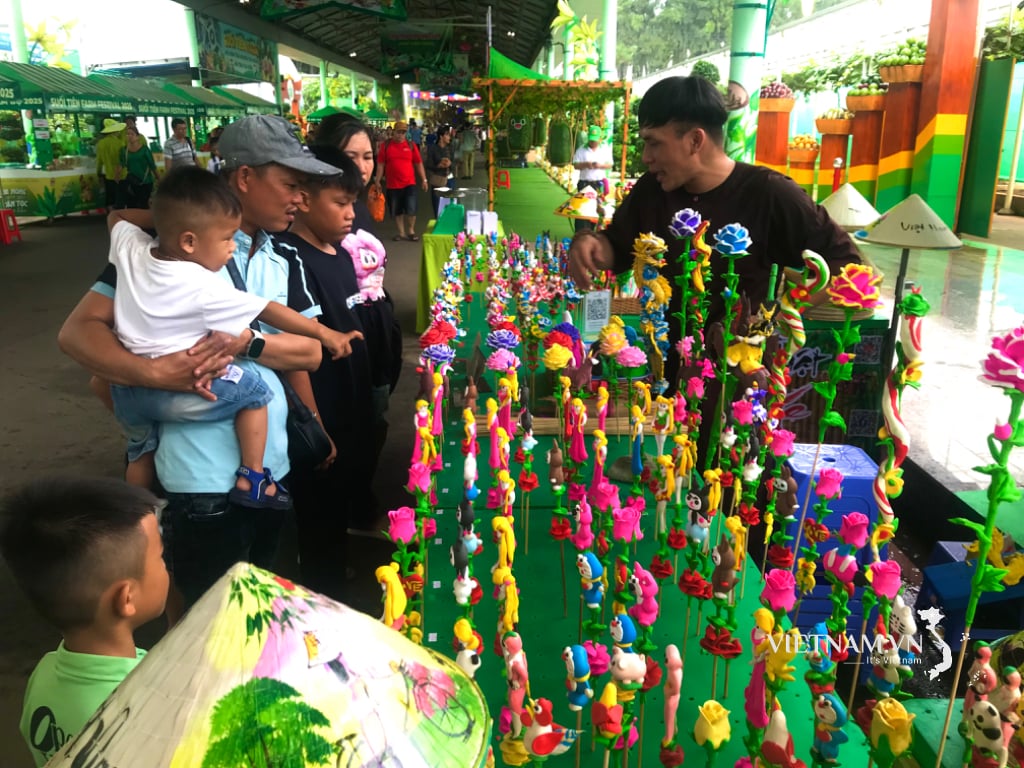

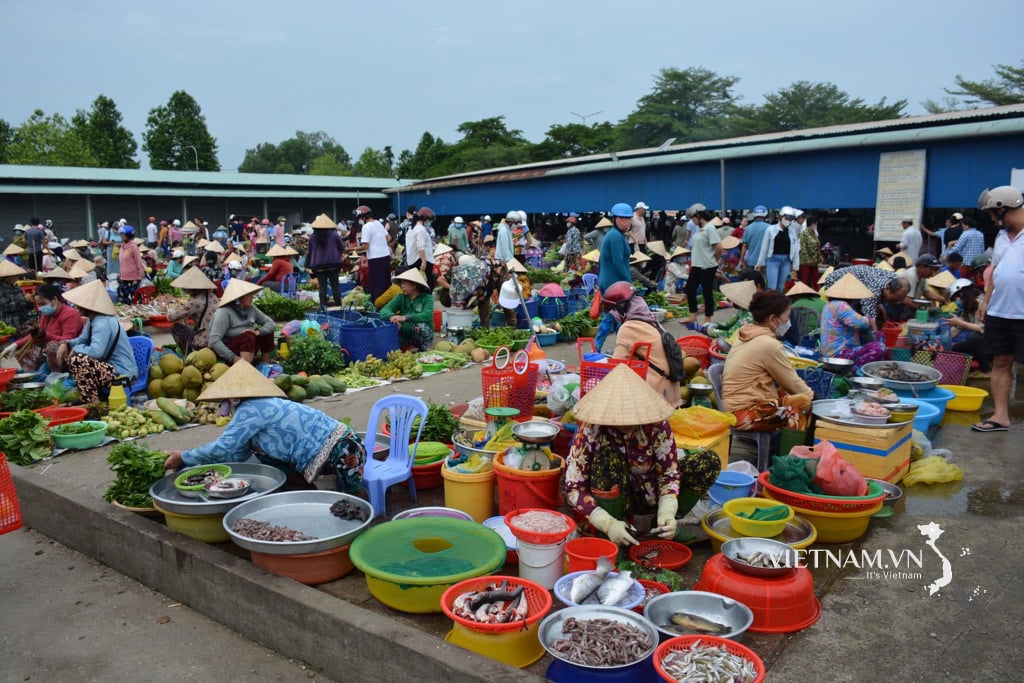
Comment (0)